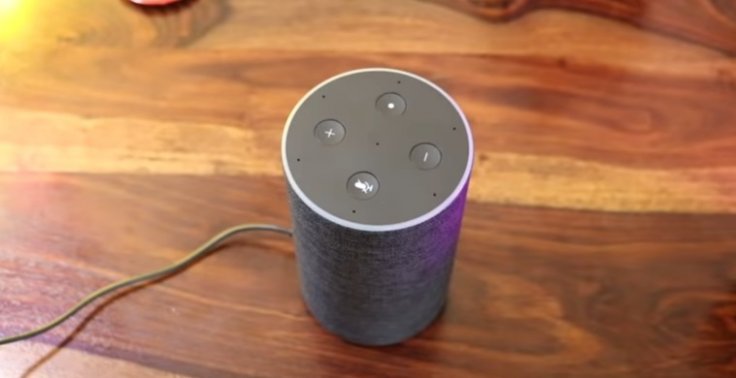Each and every year millions of people die due to heart disease, stroke, pulmonary disease, HIV, and respiratory infection. This year there is an addition, novel Coronavirus or COVID-19, which has already killed over a million people globally. But is there any way to diagnose these diseases as soon as possible, maybe at home, and then start treatment immediately?
Experts said that it is the voice of a person that could tell whether they have COVID-19, or dementia, or depression and it seems the world has already started using technology to achieve the goal.
After the pandemic hit the world, in Israel, the defense ministry and a voice-analysis company—Vocalis Health—asked people to send their voice samples. Earlier, the start-up company, which has offices in the US as well as in Israel, developed an app to detect flare-ups of chronic obstructive pulmonary disease in users by noting the signs of breathing issues when they are talking. So, the firm wanted to do the same when the pandemic started to affect millions of people. It collected more than 1,500 voice samples by mid-summer this year.
The company doesn't have an intention to provide a conclusive Coronavirus diagnosis by using its artificial intelligence technology, rather it wants to help healthcare workers triage potential COVID-19 cases, identifying individuals who might be most in need of testing, quarantine, or need immediate medical care.
Besides Vocalis, there are other teams of researchers who are also working on similar projects, analyzing voice recordings to find out signs of Coronavirus-related coughing issues and developing algorithms for voice analysis to note when a person is wearing a face mask.

Artificial Intelligence Is a Savior
Despite warnings from SpaceX CEO and billionaire Elon Musk about the power of AI in the future—possibly within just five years—next-generation technology has proven to be one of the most helpful tools to help human civilization and the world.
Over the past few years, researchers have used the AI and machine learning to identify potential vocal biomarkers to diagnose several health issues, such as autism spectrum disorder, dementia, depression, and even heart disease. The technology is used to identify the changes in how people with certain health conditions speak.
Even though currently, in the researchers and the companies are taking a slow and steady approach, experts believe that the technology could one day help the epidemiologists to use smartphones to track the spread of diseases. They also hope that in the near future the system could turn smart speakers, like Alexa and Google Home into in-home medical devices.
Björn Schuller, who is a specialist in speech and emotion recognition at the University of Augsburg in Germany and Imperial College London, and currently leading one of the COVID-19 studies said, "In the future, your robot, your Siri, your Alexa will simply say, 'Oh you've got a cold.'"

Hope for Future Diagnostic Tool
Hundreds of millions of smart home speakers and phones can be used as a key public health tool. AI and machine learning have given the researchers an opportunity to detect aberrations, quickly and at scale. The voice samples have helped the scientists to identify key features of particular health conditions in many people that includes Parkinson's disease, which affects the speaking ability.
More than a decades ago, Max Little, a researcher at the University of Birmingham, UK, and his colleagues with the help of technology analyzed voiced samples of 43 adults. Then their study revealed that 33 of them had Parkinson's disease.
Even scientists from Canada used audio samples and transcripts from over 250 people to identify dozens of key differences between the speech of individuals with and without Alzheimer's disease. As per the findings, among the participants, those with Alzheimer's were found to have used shorter words and smaller vocabularies than others. It was also noticed that these people were using more pronouns compared to other participants, and "it can be a sign that they're just not remembering the names of things," said the lead author of the study, Frank Rudzicz, who is a computer scientist at the University of Toronto.
Researchers believe that since some of the vocal changes happen in the early stages of neurodegenerative diseases, the voice-analysis tools could help doctors to diagnose such health condition much earlier. However, this idea will take time to become a popular practice in the healthcare sector, as scientists still have to carry out large and long-term trials to determine that the voice analyzing system can actually detect diseases much earlier than current diagnostic methods can.









